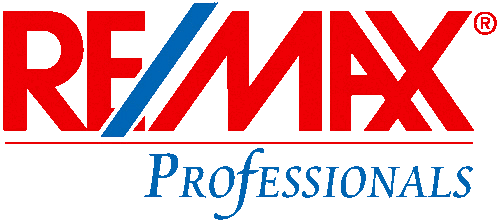Even for those who have a full understanding of what a mortgage is, the term “reverse mortgage” may be unfamiliar to many Canadians. This article intends to provide the high-level basics.
What is it?
Like regular mortgages, a reverse mortgage is simply a loan secured against your home. But unlike regular mortgages, it allows you to draw money based on the equity you have in your home, without having to sell your home. You can take the money out in a lump sum, or in smaller amounts spread out over time.
Especially if you are an older person, a reverse mortgage can be an attractive alterative to more conventional forms of short-term debt, such as personal loans, lines of credit or credit cards. It can be an easier way to get access to funds, compared to having to downsize to a smaller home, or move to a rental property.
Your loan must be repaid at the time you sell your home, move out, or die (and in the latter case your loan is repaid by your estate). If you and a spouse, partner or common-law spouse, parent or a child are the borrowers, the loan does not need to be repaid until the earlier of the last borrower dying, or the last borrower moving out of the property.
What are the benefits?
One of the most appealing things about a reverse mortgage loan is that repayment can be entirely deferred until you sell. Although you are entitled to repay some of the interest or even all of the principal at any time, you can use the borrowed money freely and without restrictions as you choose, without having to make any repayments at all. Plus, you get to keep your home, as owner.
You also pay no tax on the money you borrow, and it does not affect any old age security or guaranteed income supplement benefits you are receiving.
What’s the down-side?
Due to the unique and flexible nature of a reverse mortgage, the administrative costs and interest rate you are charged by the lender will tend to be higher than that for traditional mortgages. Also, since payments on the reverse mortgage needn’t be made at all until the earlier of the last borrower moving out, or the eventual sale of your home, the total interest you will pay at the end will possibly have accumulated to a significant amount.
By extension, this means that when you do come to the end of the term of your loan, you will have chipped away at your home equity and will have less equity remaining.
Who is eligible?
Aside from financial eligibility requirements, which are set by the lender, there are only a few stipulations for obtaining a reverse mortgage. Naturally, the first is that you must own your home; the second is that you must be using it as your primary residence – which means you occupy it for at least six months each year. Also, you must be at least 55 years of age at the time you apply.
Note that if you co-own the home with others, you must indicate that on the loan application.
Is there a limit to how much I can borrow?
The general rule under a reverse mortgage is that a person can borrow up to 55 per cent of the current value of his or her home (this amount is sometimes referred to as the “equity release”). However, your own personal borrowing limit may be less than that, depending on factors such as your age, as well as your lender’s own rules and threshold factors (such as your home’s location, condition and appraised value).
What about my existing mortgage?
Before you can get a new reverse mortgage from a lender, you will first have to pay off any existing loans, mortgages or lines of credit that are secured by your home. But the good news is that you can use some of that “equity release” money from the reverse mortgage to retire those debts.
What can I do with the money?
The beauty of the reverse mortgage is that you can borrow against your home’s equity to live out your remaining years in your own home, in enhanced financial comfort. You may want to use the borrowed money for home repairs, unforeseen health care expenses, for finally getting rid of some lingering and longstanding debts, or to take a trip around the world!
What can go wrong?
As with a traditional mortgage, you can default on a reverse mortgage by failing to meet your obligations to the lender either before or during the application. For example, you can default by being dishonest on your reverse mortgage application, or by not adhering to the terms of the loan contract – such as using borrowed funds for an illegal purpose. The lender may have additional stipulations outlining what events constitute default in the reverse mortgage scenario.
Where do I get one?
There is a very small number of Canadian lenders who are willing to offer a reverse mortgage. These currently include the HomeEquity Bank and Equitable Bank.
Is it right for me?
A reverse mortgage can be a very attractive solution for getting access to funds that you can enjoy during your “twilight years”. However, it’s not right for everyone. Talk to your financial advisor to see if it could be the right solution for you.














